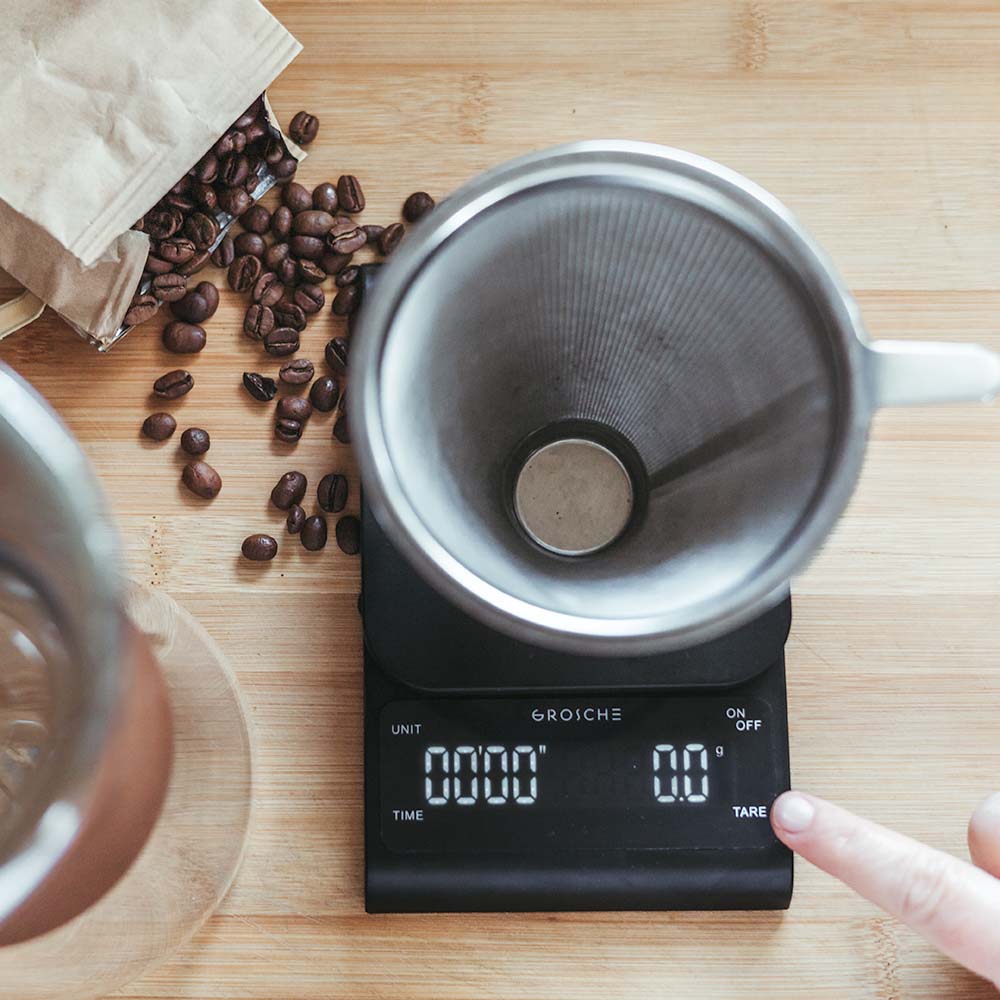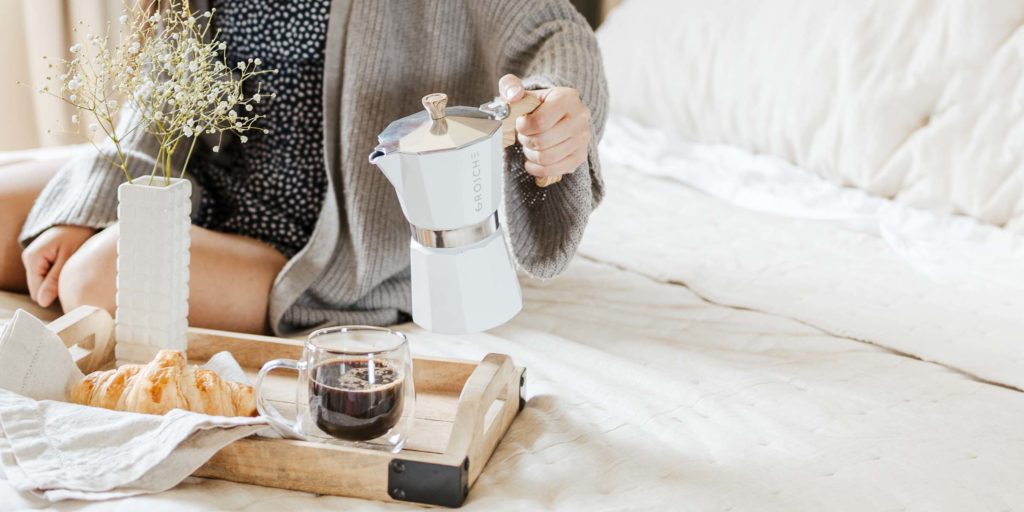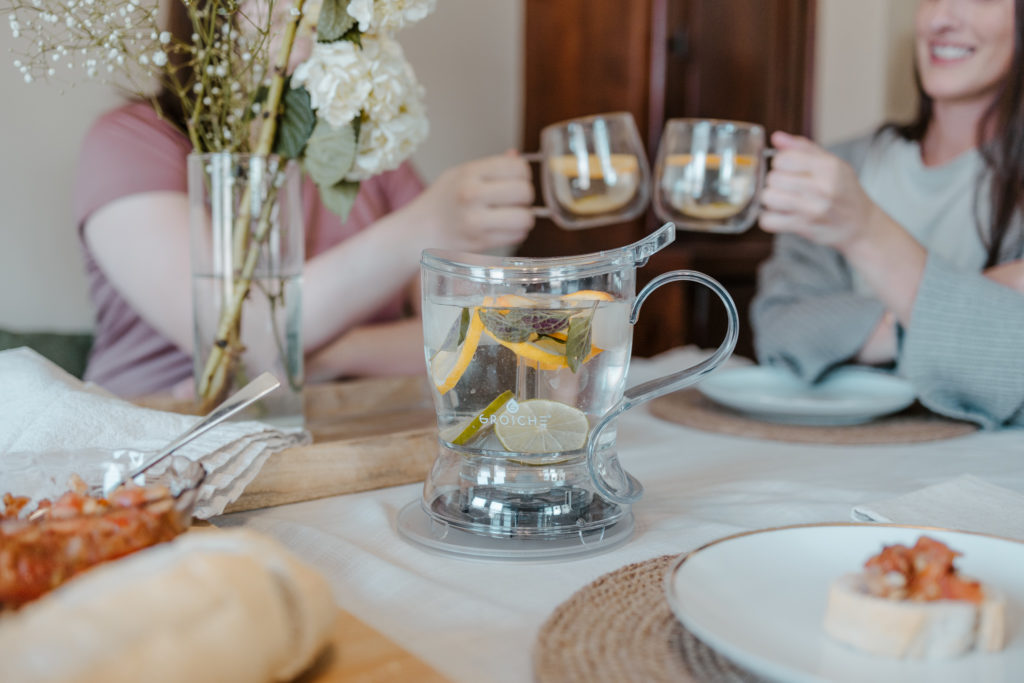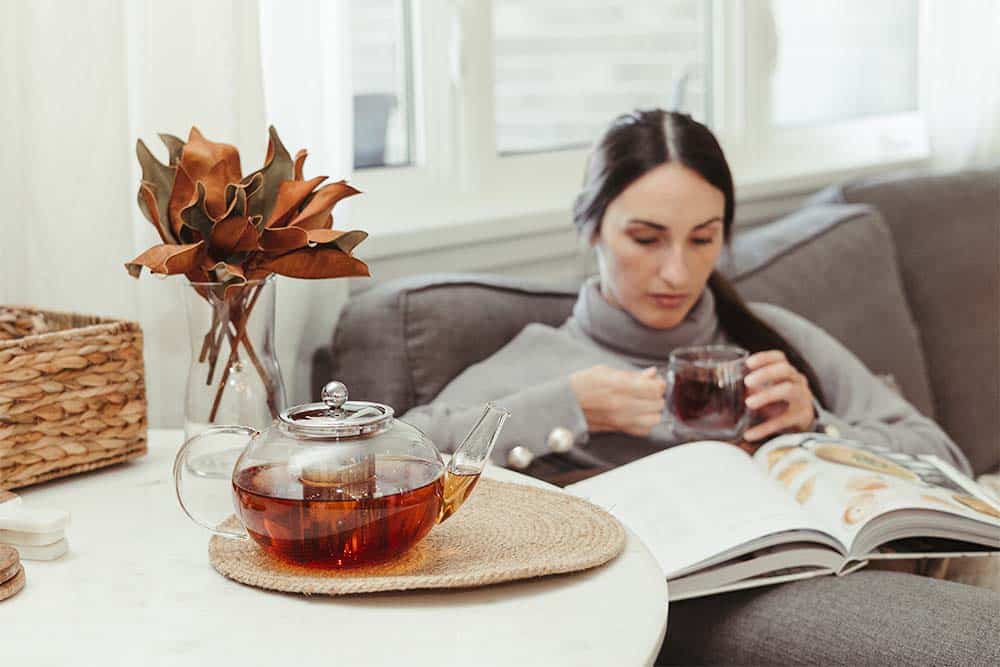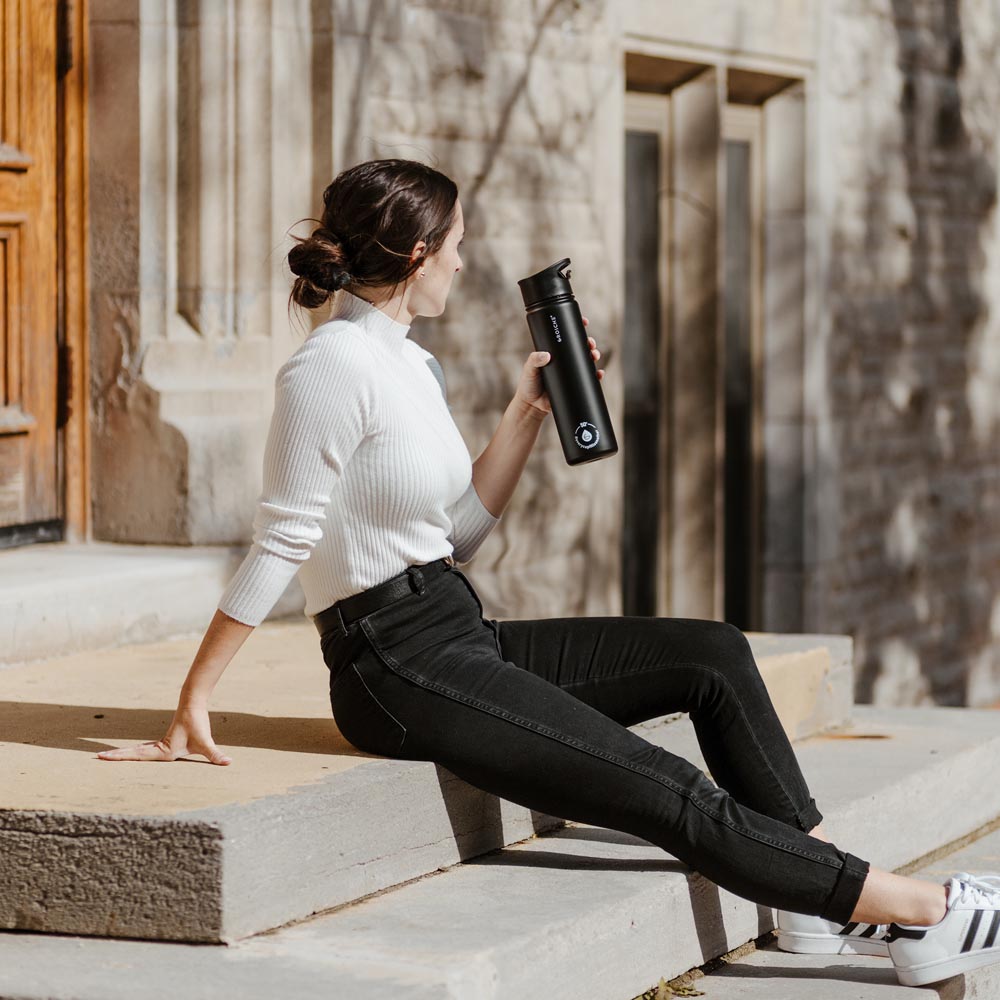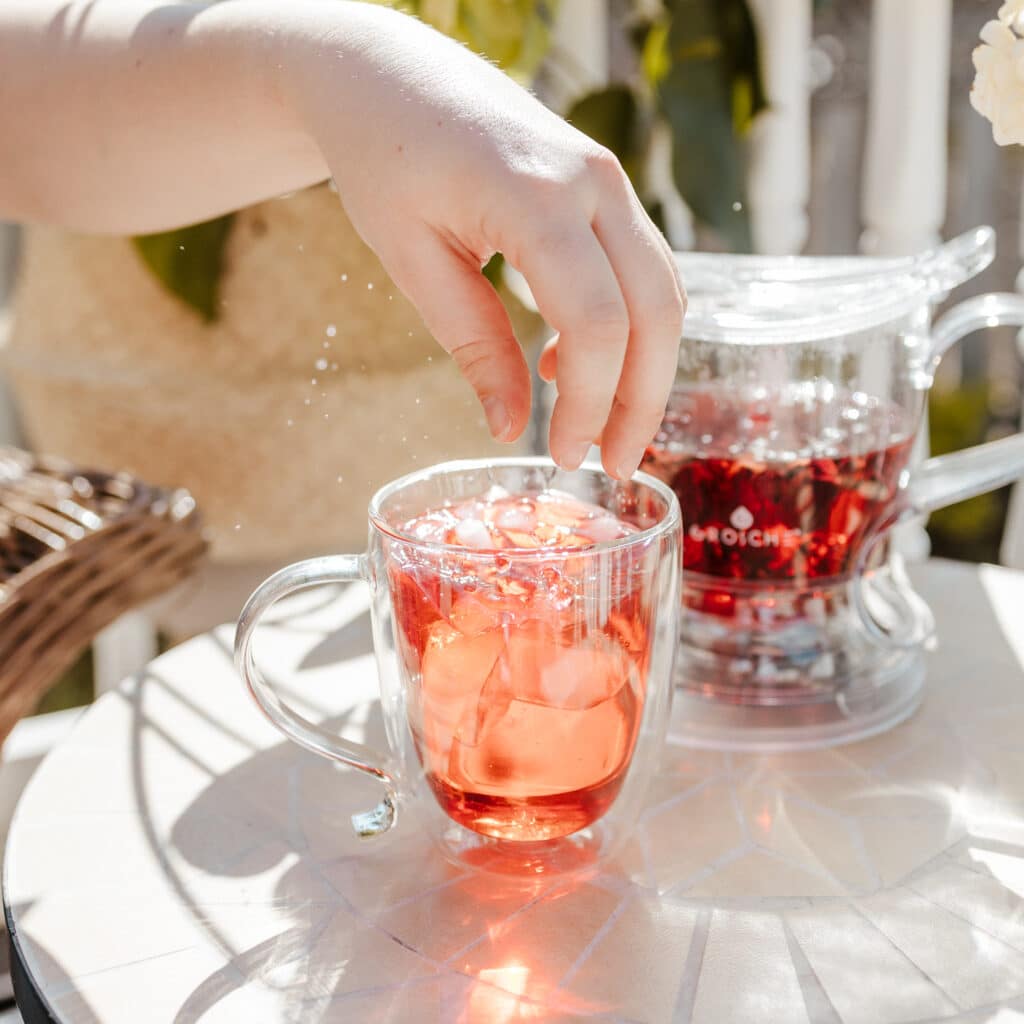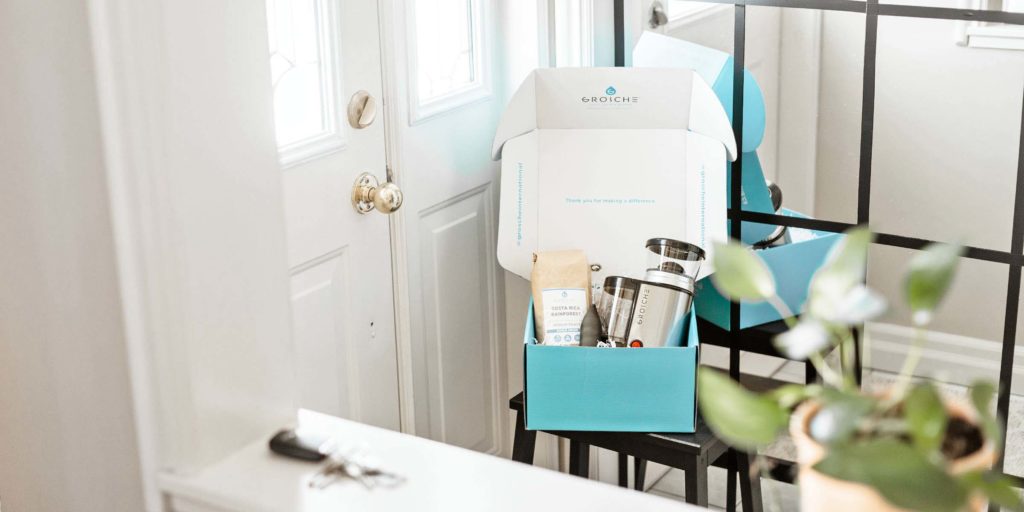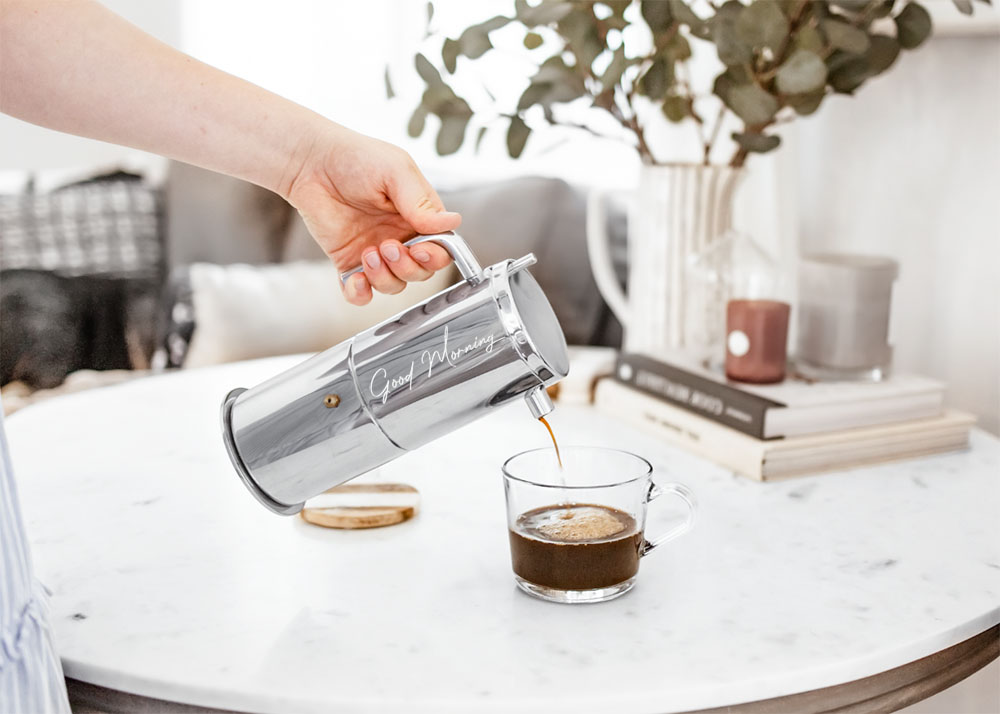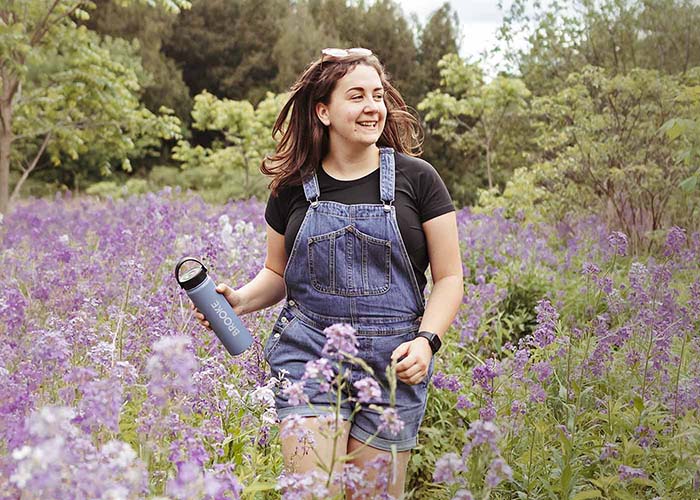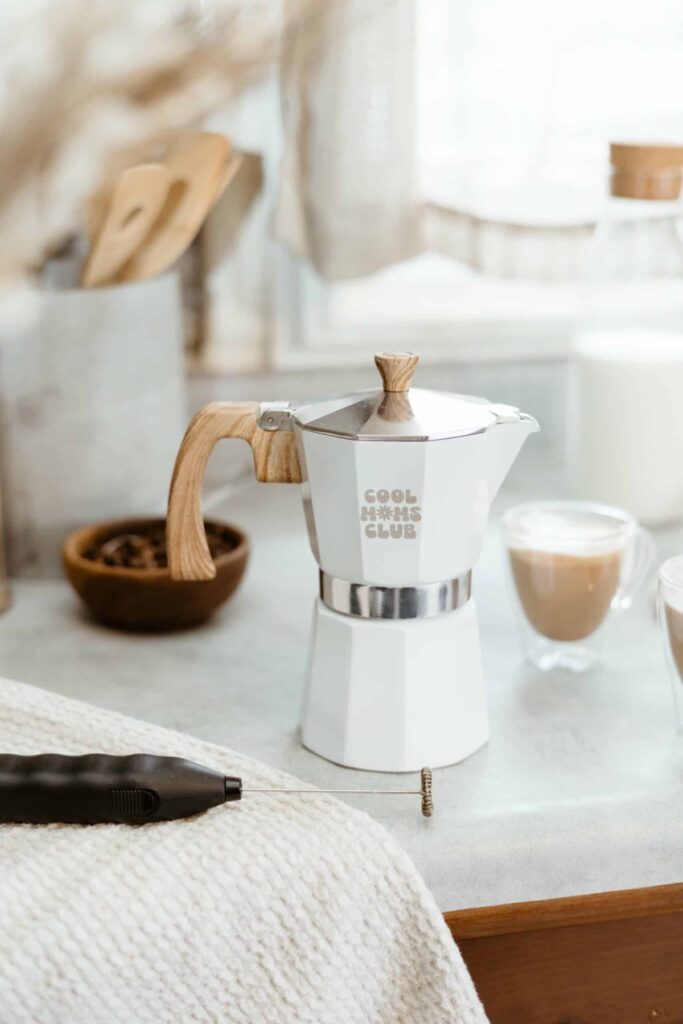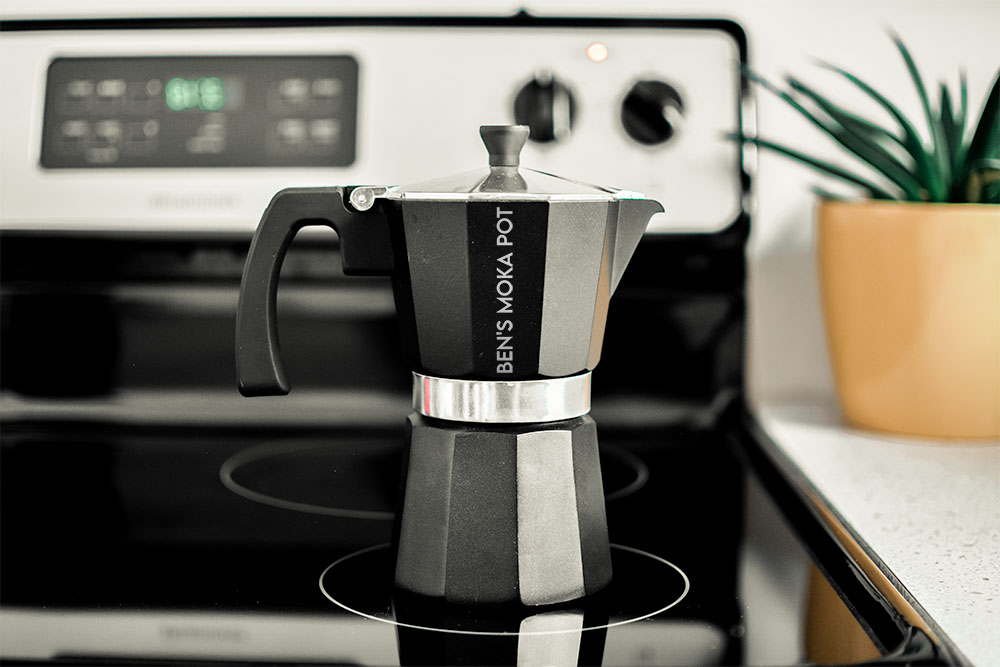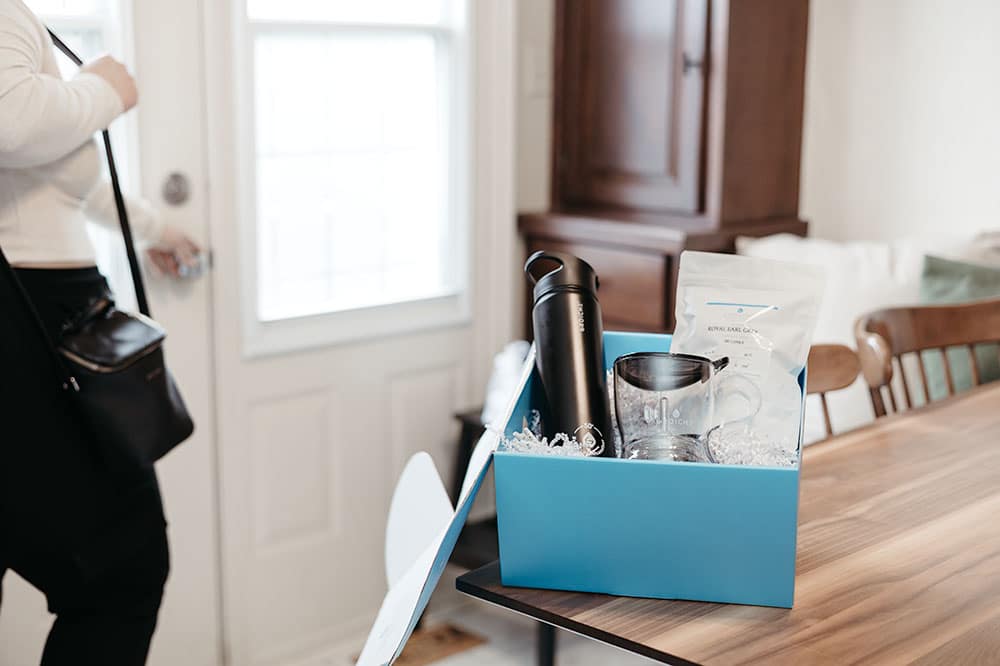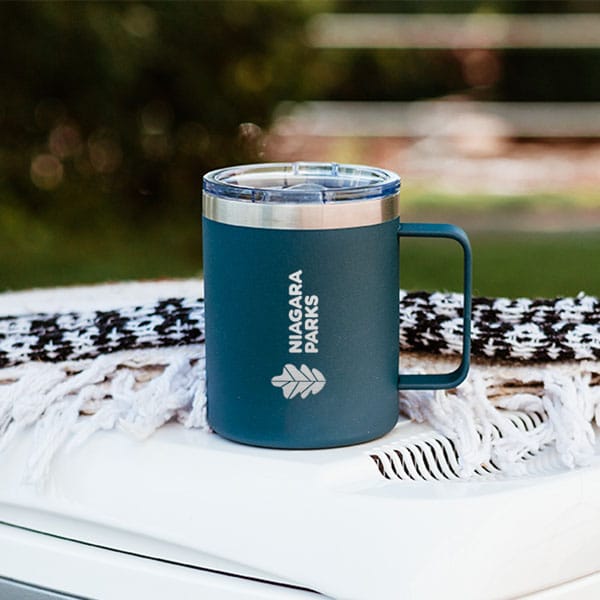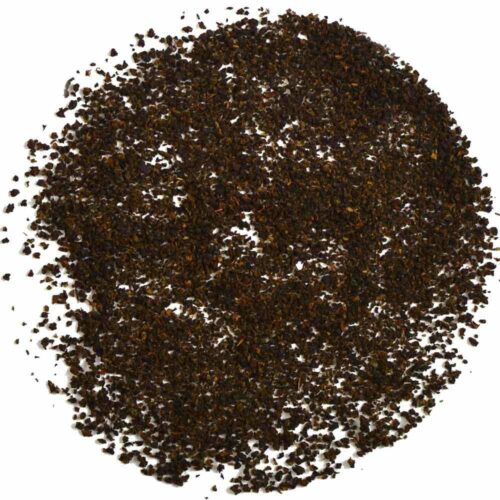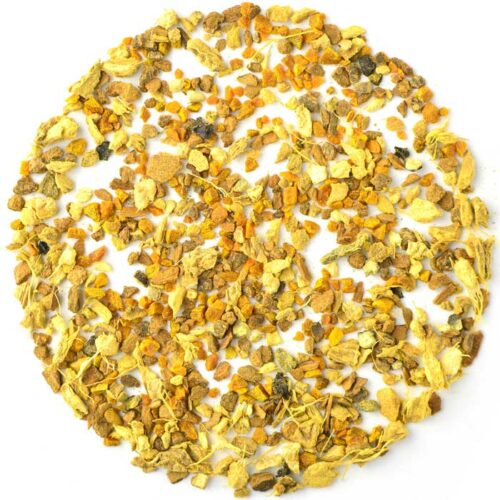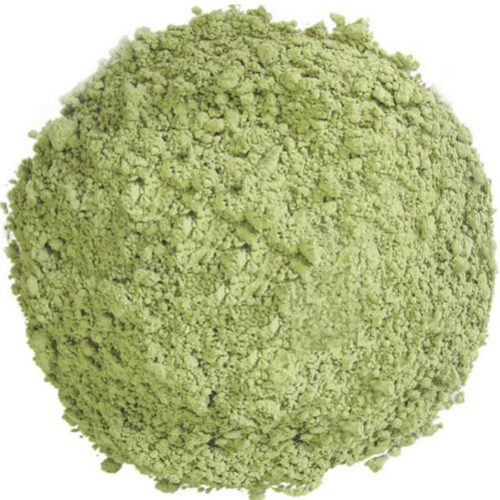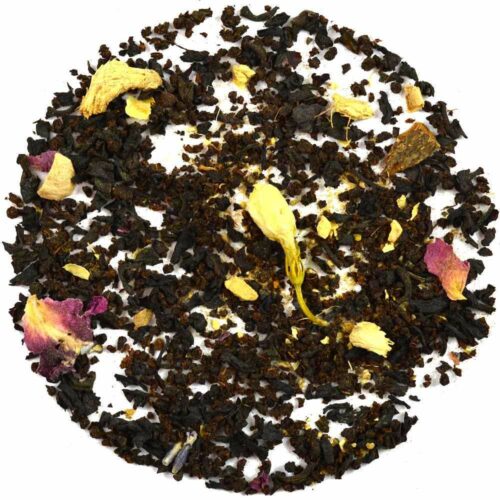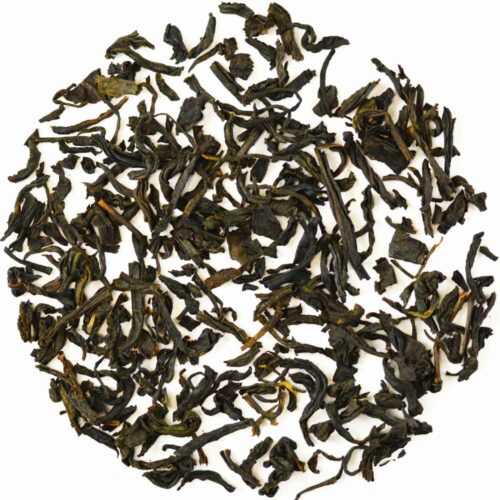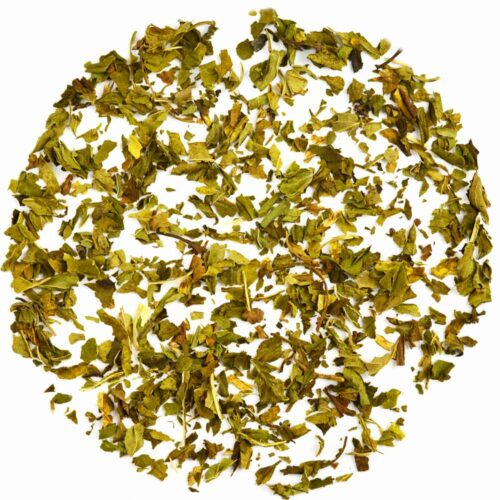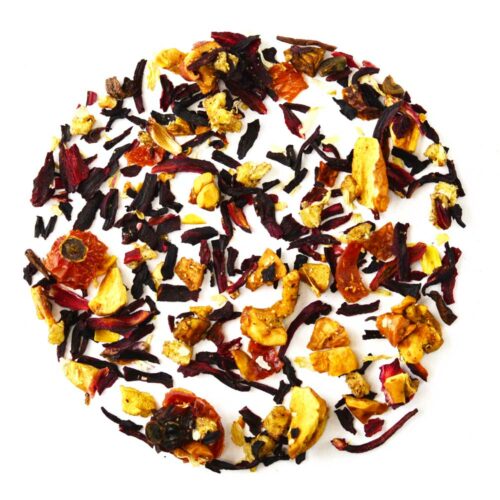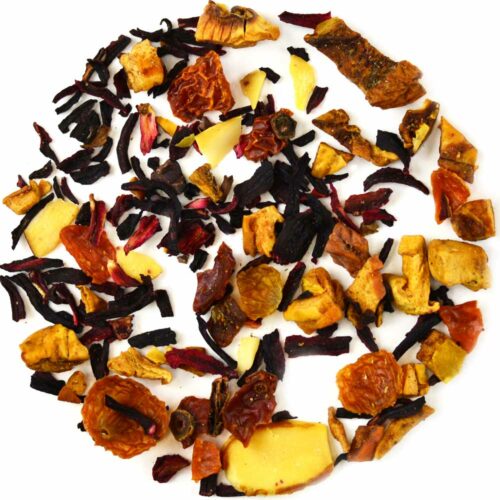A recent study from McGill University in Montreal, Canada found billions of microplastic particles in steeped tea bags. Their study estimates that a single tea bag can contain 11.6 billion microplastic and 3.1 billion nanoplastic particles.
According to TreeHugger, tea bags can contain up to 25% plastic, making them not as environmentally friendly as we thought. While we are told to compost tea bags, gardeners can attest that tea bags will not fully break down. This may come as a surprise to many, as we expect that materials will break down when directed to compost.
The culprit is found in silk-type (“silken”) tea bags, due to being manufactured with PET (polyethylene terephthalate, found in plastic bottles) or nylon. Most tea bags are made from paper and sealed with plastic, but some premium brands have opted to use higher amounts of plastic in their bags. These bags are typically pyramid-shaped and are said to allow leaf expansion when brewing. The plastic in these bags also helps the bag keep its shape.
The World Health Organization (WHO) says that these particles, which are found in bottled water, do not appear to pose a risk, but these findings were based on “limited information” and call for further research.
The study was conducted with four commercial tea bags. The first study began by cutting open bags to remove the tea leaves, then steeped in boiling water. The second study used the full uncut bags to verify that cutting the bag didn’t release plastic particles. Lastly, they exposed water fleas to the steeped tea bags and found that the fleas got stressed and developed a “ballooned” carapace. While it was a shocking discovery, it was noted that the plastic particles consumed by the water fleas are closer to the size of the usual particles they consume. In conclusion, it is unknown if these particles pose health risks to humans and would require more research to determine this.
“We don’t know if it is dangerous. There’s actually almost no studies on the toxicity of ingesting microplastics or nanoplastics, so that’s something to be determined, but we do know [some tea bags are] releasing a lot of plastic into the actual tea.” – Nathalie Tufenkji, researcher in the McGill study.
“I don’t really think one cup of tea will kill you. No. We’ve been drinking this tea for a while now. This is more a call for tea producers to stop using plastic in their packaging because they have so many other options. There’s really no need for it.” – Laura Hernandez, researcher in the McGill study.
Luckily the plastic free alternative to tea bags is loose-leaf tea. As discussed in our blog post “Loose Leaf Tea vs. Tea Bags – Which One’s Better?”, loose-leaf tea is superior due to the quality of the leaves and the brewing experience. Make a change for the better and ditch the tea bags for loose-leaf tea – a plastic free brewing method for premium, flavourful tea every time.
Check out our premium & all-natural loose-leaf teas! Most of our teas are organic, fair trade, or ethical tea partnership so you know you are getting the best quality possible.


